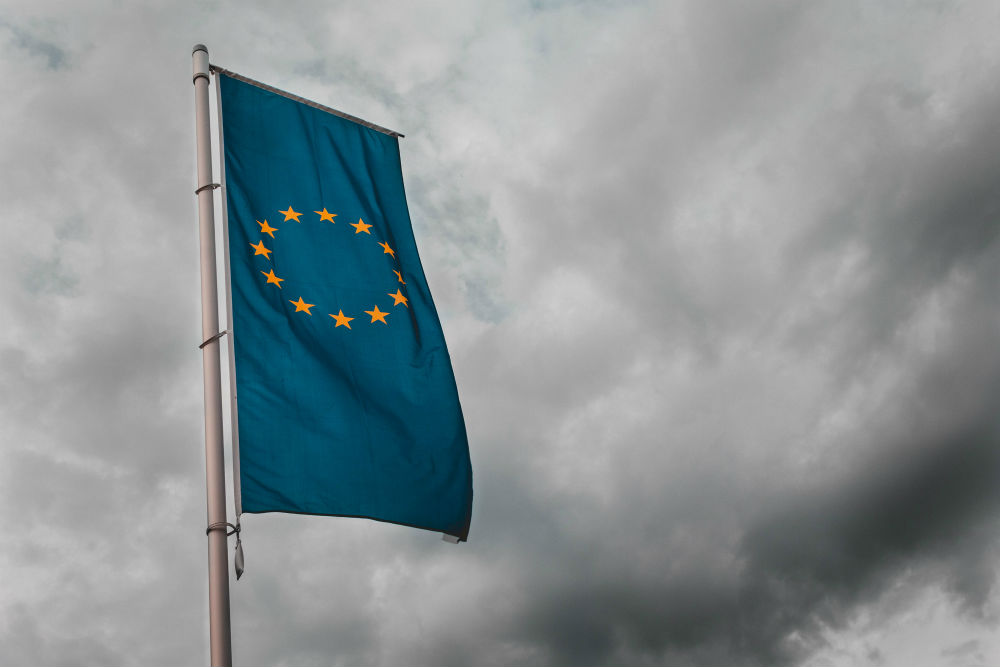The issue of Northern Ireland in Brexit negotiations between the United Kingdom and the European Union has proved a tough nut to crack.
On one hand, there is a strong reluctance to sever the close ties between Northern Ireland and the Republic of Ireland, which allows people and goods to travel freely between the two.
On the other hand, there is a sense that Northern Ireland must be treated the same as the rest of the UK when it comes to Brexit, and as such, there has been heavy opposition to the idea of a backstop in any Brexit deal which would allow an open border to remain.
In a recent meeting between the UK Prime Minister Boris Johnson and Irish Taoiseach Leo Varadkar, the pair seemed to have come to an understanding.
It appears that Johnson is willing to allow Northern Ireland to continue to uphold the same legislation that is in place in the EU customs union, which would allow free trade to continue between north and south of the border.

Johnson still has his sights set on leaving the EU on the 31st October, with or without a deal. This is in spite of the Benn Act, which requires Johnson to request an extension to the Brexit deadline if a deal cannot be reached before then.
With odds for a no deal Brexit shortening, Northern Ireland could end up in a rather difficult position should the UK leave the EU without a deal.
A major factor in previous Prime Minister Theresa May’s failure to secure a Brexit deal was the issue of the Irish backstop, but it could be argued that a no-deal Brexit would leave all sides in an awkward position.
The nature of the border between Northern Ireland and the Republic of Ireland at the moment is that it is barely visible and virtually unnoticeable – you can cross it without knowing you’ve entered a different country.
This is essential for those who live in border areas. Many people live on one side of the border and work on the other, or have families who live on the other side of the border.
In addition, goods can be freely moved between the two without customs checks.
To remove this freedom, and reintroduce a hard border between the two, would be a major step backwards, and is something that both the EU and the UK would ideally like to avoid.
However, a no-deal Brexit would mean it would be difficult to avoid a hard border, and mandatory customs checks would most likely have to be put in place.
This is why Johnson’s sudden willingness to make concessions regarding the issue of the Northern Irish border is a major development.
Northern Ireland is one of the key areas in which the EU and the UK have been opposed and is one of the major obstacles in terms of negotiating a deal.
However, with the deadline looming, there is still a lot of work to be done in a short amount of time if a deal is to be agreed, and you could forgive any doubts as to whether an agreement will ever be reached.
Northern Ireland’s Democratic Unionist Party (DUP) has always been adamant about being treated the same as the rest of the UK, a position that leader Arlene Foster has been sticking to, but even she appreciates “the need to be flexible and look at Northern Ireland-specific solutions.”
One of the greatest fears in Northern Ireland is that Brexit and a hard border could re-open the wounds of past divisions – that the ghosts of the Troubles might be resurrected as a result of increased tension across political divides.
The country has come a long way since those dark days, and it’s important that there is no threat to the greater peace Northern Ireland has enjoyed since the Good Friday Agreement was signed in 1998.
There is a need for common sense when it comes to the issue of Northern Ireland, to create a solution that will not drag the country back towards darker days gone by.
Johnson’s acceptance that a hard border between Northern Ireland and the Republic would be undesirable represents a step towards a sensible agreement with the EU. cBut if a deal can’t be agreed, then there will be uncertain days ahead on both sides of the Irish Sea.

